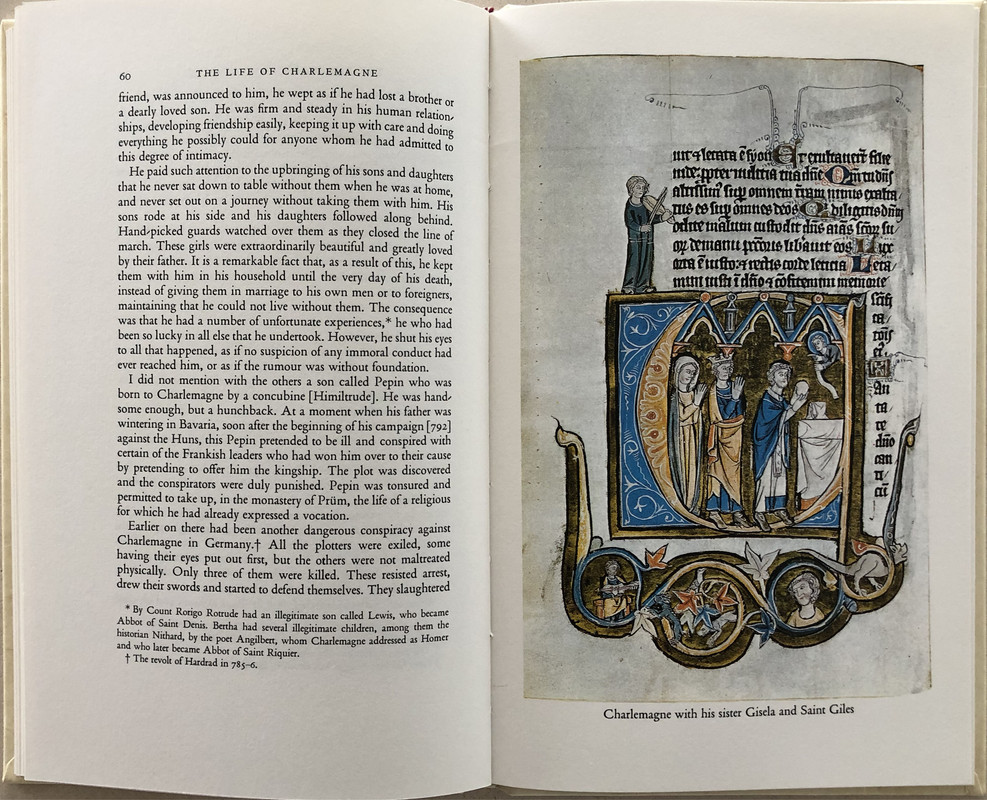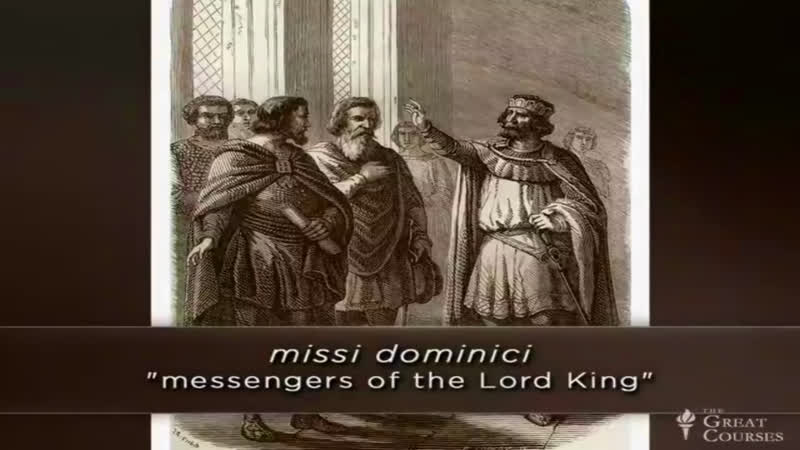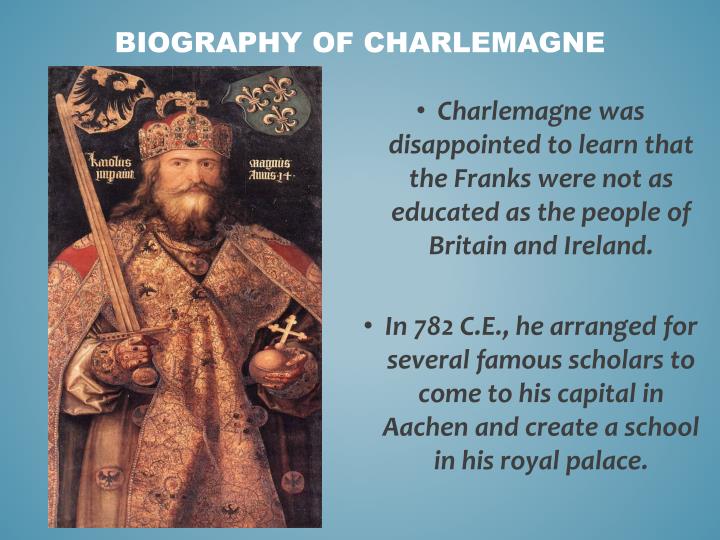

The determination and ferocity of Charlemagne’s forces during this eight-year war resulted in massive victory the Franks acquired considerable wealth from the spoils, and every noble Hun perished.

His greatest campaign, however, was against the Huns.

Charlemagne exerted his military strength against the Saxons until they conceded, accepted Christianity, and integrated into the Frankish Empire.Ĭharlemagne often fought wars on many fronts, as evidenced by his decision to invade Spain in the midst of the war against the Saxons, followed by attacks against the Bretons, Beneventans, and the Slavs. Einhard asserted that the Saxons prolonged an end to the war repeatedly, reaching points of desperation in which they offered to surrender and accept Christianity, only to renege on their promises and determine to fight yet again. Friction between the Franks and the Saxons had led to tensions culminating in an all-out war lasting over thirty years. Charlemagne then made his son Pepin king over the conquered Longobard territory.Īfter his successes in Italy, Charlemagne turned to face the ongoing war against the Saxons. Additionally, Charlemagne forced the surrender and exile of the Longobard king Desiderius and ordered the expulsion of his son, Adalgis, out of Italy. Charlemagne quickly gained another victory and restored all the Longobards had stolen from Italy. After success in the territory, he focused his efforts on the Longobards in Pavia at the behest of Rome’s Bishop Hadrian. The Pope divided the kingdom between the two brothers, but with the unexpected death of Carloman only two years later, Charlemagne gained ownership of the entire Frankish kingdom.Ĭharlemagne’s first military endeavor occurred when he took up the task of completing the war his father began against Aquitaine. Pepin’s two sons, Charlemagne and Carloman, inherited joint sovereignty following the death of their father.

King Childeric III’s removal from power marked the end of the Merovingian dynasty, and soon after Pope Stephen appointed Pepin, a Mayor of the Palace, as the new Frankish King. Divided into five books focused on the individual aspects of the life and reign of Charlemagne, the work provides an account of the evolution of the Carolingian Dynasty, the political aspirations of Charlemagne’s reign, his personal life and character, and the legacy he left for his heirs and his empire. As a personal servant of Charlemagne, Einhard undertook the composition of a biography of the king.


 0 kommentar(er)
0 kommentar(er)
